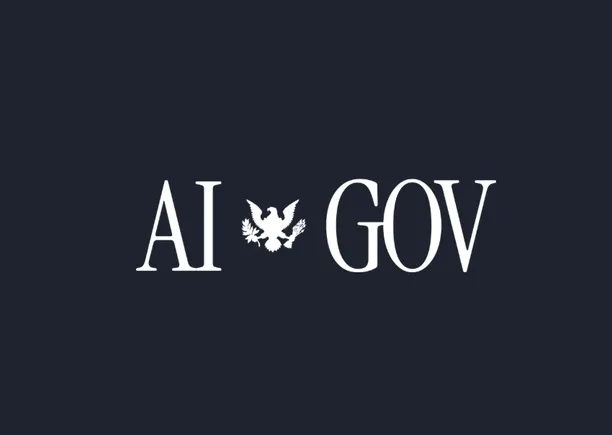Source: Social Media Today – Latest News by Andrew Hutchinson. Read the original article
TL;DR Summary of U.S. President Trump’s New AI Directives and Their Impact on AI Development
President Trump’s new AI directives aim to establish the U.S. as a global leader in artificial intelligence by easing restrictions on AI training data, including the use of copyright-protected content. The orders also address concerns over ideological biases in AI models, targeting what is described as “woke AI” to ensure more reliable and accurate AI outputs. These policies may reduce legal challenges for AI developers but raise questions about balancing content accuracy and bias control. The evolving approach highlights challenges in managing AI ethics, data quality, and the influence of partisan online content on AI training.
Optimixed’s Overview: Navigating the Future of AI Leadership and Bias Control in the United States
Key Elements of the New AI Strategy
The recent executive orders from President Trump represent a strategic push to maintain and extend American dominance in the AI sector. The directives include:
- Promotion of U.S.-origin AI technologies to reduce reliance on foreign AI developments, particularly from geopolitical adversaries.
- Legal protections enabling AI developers to use copyright-protected materials for training without facing extensive litigation.
- Addressing AI bias by targeting so-called “woke AI” practices, which are criticized for embedding ideological or social agendas that compromise accuracy.
Challenges and Considerations
The directives highlight several complex issues surrounding AI development:
- Bias vs. Objectivity: Efforts to remove bias risk introducing new forms of distortion, as completely unbiased AI remains elusive.
- Data Quality Concerns: AI models rely heavily on large-scale datasets, often sourced from social media platforms where only a minority of users actively contribute, potentially skewing AI perspectives.
- Testing and Compliance: The government plans to implement assessments for “wokeness” in AI models, which may influence procurement decisions and favor certain AI providers.
Implications for AI’s Role in Society
As AI increasingly integrates into daily life and social media, these orders could shape how:
- AI tools moderate content and generate information.
- Developers balance ethical considerations with practical deployment.
- The broader public perceives and trusts AI-generated outputs amid evolving regulatory frameworks.
Ultimately, this policy shift underscores the tension between fostering innovation, protecting intellectual property, and ensuring fair, accurate AI systems that serve diverse user needs.
